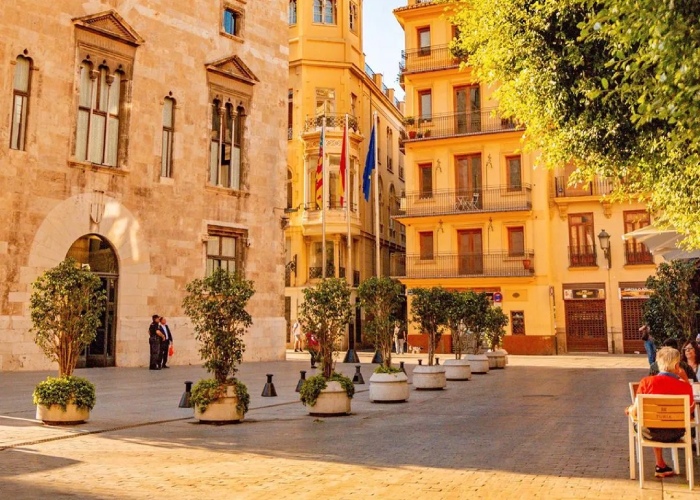Spain continues to attract many buyers from Europe and beyond, drawn by its mild climate, warm culture, and irresistible Mediterranean lifestyle. But beyond the country’s charm, there is another major reason behind this enthusiasm: the real cost of living, and more specifically, the cost of property ownership.
While other countries impose a long list of local taxes and sometimes very high community fees, Spain stands out with a much lighter and more accessible system.
For foreign buyers, financial surprises are generally positive. With very low property tax, the complete absence of a housing tax, reasonable community fees, affordable insurance, and public services (water, gas, electricity) that cost less than in most European countries, owning an apartment in Spain is often cheaper than renting elsewhere. Even taking into account the non-resident tax or seasonal variations in energy consumption, budgets remain very manageable.
This article offers a complete and clear analysis of all the monthly expenses a property owner should expect. A realistic, useful, and practical overview for anyone wishing to invest or simply understand the economic functioning of the Spanish real estate market.

Investing in an apartment in Spain may seem intimidating, but when you analyze the real costs, you quickly realize that the monthly expenses are among the most affordable in Europe.
Property tax: a negligible cost compared to other countries
One of the major advantages of owning property in Spain is the low property tax. Known as IBI, it is collected once a year by the local town hall and its amount is always a pleasant surprise for new owners.
Average amount: between €200 and €350 per year, depending on the city, the size of the property, and the cadastral value.
This means that property tax can cost less than €30 per month, a much lower rate than in neighbouring countries. By comparison, local taxes in France can reach several hundreds or even thousands of euros depending on the region.
And most importantly:
There is absolutely no housing tax in Spain.
This significantly reduces the annual cost. It’s one of the most attractive aspects of the country: you pay only for the property you own nothing more!
Very affordable community fees
In Spain, community fees are generally much lower than in France. For a standard building with a lift but no pool or large shared areas, the average cost is:
About €30 per month.
This low amount is explained by simpler organisation, lighter structures, and maintenance that reflects the real needs of the building.
Some buildings even have no formal management company, particularly small residences or older buildings.
In this case:
fees are even lower
but administrative procedures or repairs can be slower, as they are handled directly between neighbours
Still, this remains an excellent option for reducing monthly costs, especially in cities where the cost of living is already very affordable.
IRNR: tax for non-resident property owners
If you do not live in Spain and your property is not your main residence, you will be subject to IRNR: the Non-Resident Income Tax.
This tax is relatively low and simple to manage, especially if the property is not rented out. In that case, it is often symbolic and calculated based on an imputed value of the property. If rented, you will be taxed on rental income, with a system that remains competitive.
IRNR is therefore a cost to consider, but it does not in any way undermine the financial appeal of the country.
Other costs: home insurance, internet, and essential services
As in any country, owners must factor in some additional expenses. In Spain, these remain very reasonable.
Home insurance
Banks and private insurers offer very affordable policies:
Between €100 and €200 per year
Internet
Internet subscriptions cost roughly the same as elsewhere in Europe:
Around €30 to €40 per month
Water, gas, and electricity
These essential services are generally cheaper than in many other countries, but costs vary depending on seasonal use.
Electricity
Consumption increases mainly in July and August due to air conditioning. The rest of the year, costs are much lower.
Heating
December, January, and February are the most “expensive” months, but the mild winters in many regions help keep costs down.
Overall, utility bills are significantly lower than in northern countries, where heating represents a major expense.
Conclusion
Owning an apartment in Spain and particularly in Valencia means enjoying a pleasant lifestyle while benefiting from extremely low monthly expenses.
With low property tax, no housing tax, accessible community fees, and inexpensive everyday services, Spain offers a level of affordability that is hard to match. For both residents and non-residents, Spanish real estate is not only profitable but also simple and economical to maintain daily.
A real advantage for anyone wishing to secure property in a sunny and welcoming country.
